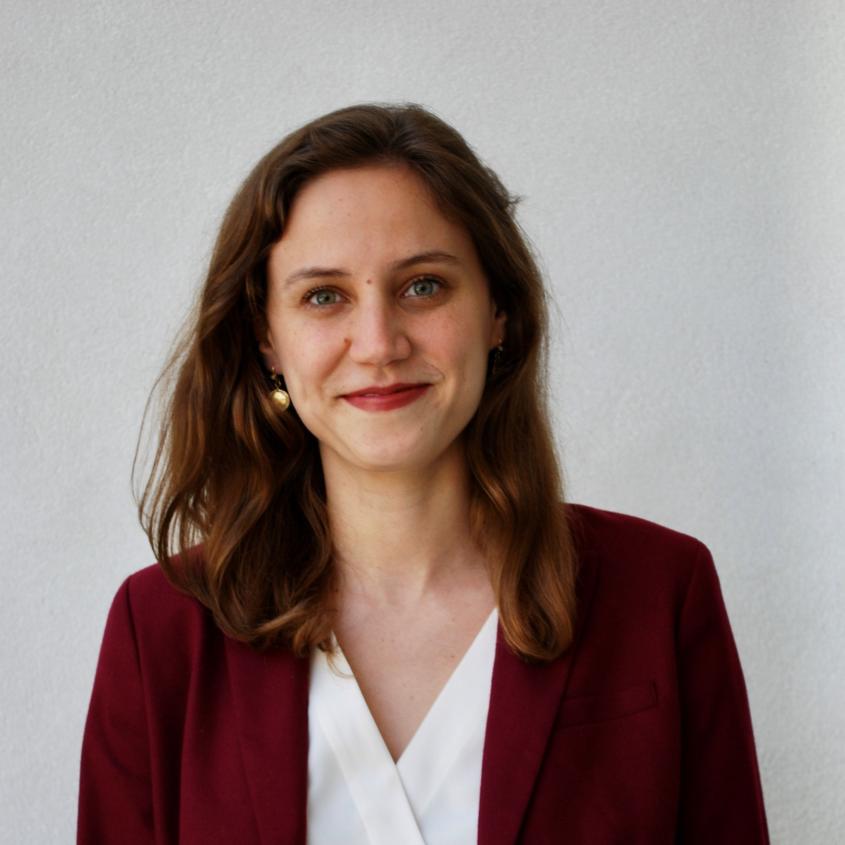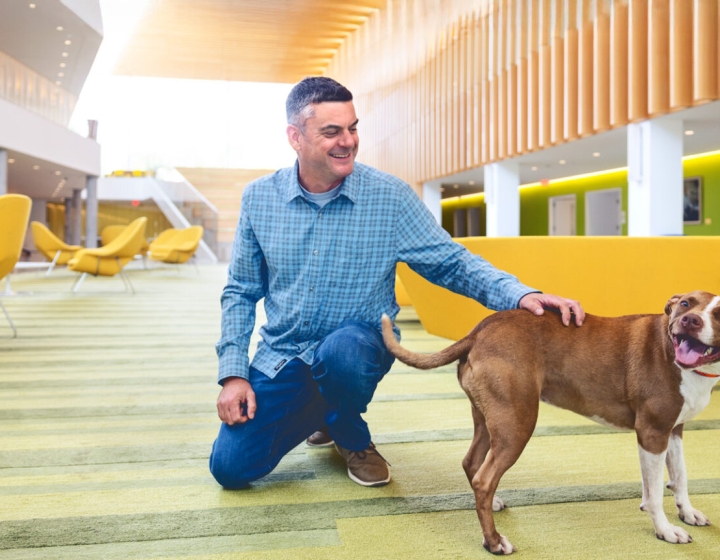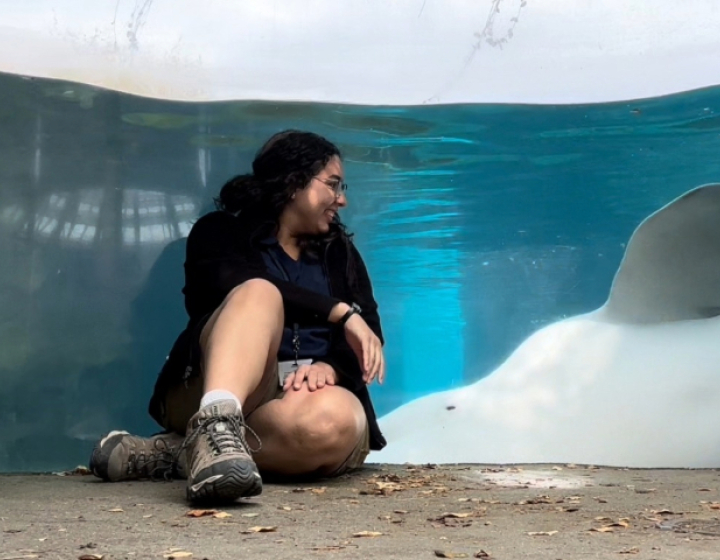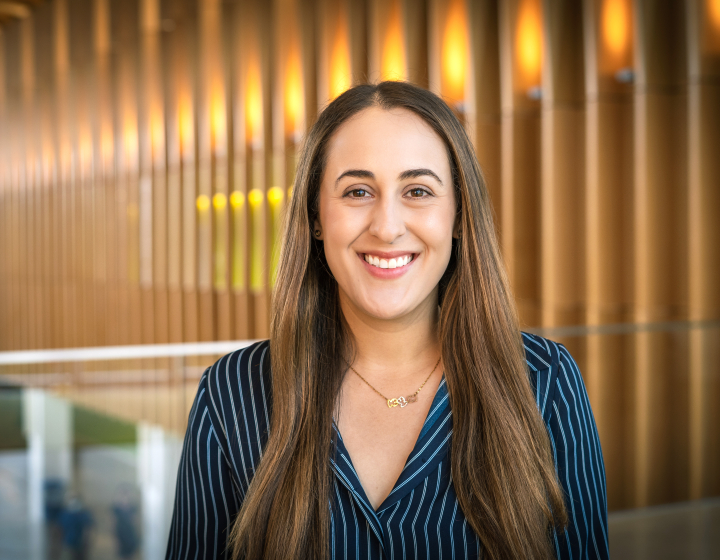CDC internship strengthens student’s passion for veterinary medicine and public health
Elsbeth Kane, M.P.H. ’21, D.V.M. ’23, first became interested in the role of veterinary medicine in public health while studying abroad in Kenya and Uganda as an environmental biology major at Columbia University.
“That was my first experience with the concept of One Health — that a community’s health is determined, in part, by the health of the livestock, wildlife, and environment around them, and that likewise, improvements in food security and economic security can have a positive impact on the environment and animals within it,” says Kane. Now a fourth-year veterinary student at the Cornell University College of Veterinary Medicine (CVM), Kane continued exploring One Health through a six-week externship at the Centers for Disease Control and Prevention (CDC) in February. The CDC’s Epidemiology Elective Program provides an opportunity for fourth year M.D., D.O., and D.V.M. students to work directly with the CDC on public health issues. “I love clinical medicine and it’s been really incredible to work with clients and their animals, but I will always have this love for public health,” says Kane. “I wanted to get exposure to what vets do in the federal government, in the more traditional public health agencies such as the CDC.”
There, Kane was assigned to the influenza division at the CDC headquarters in Atlanta and worked under the supervision of a veterinarian in charge of the human-animal interface. Kane also appreciated the chance to work with physicians and epidemiologists. “I think the more opportunities there are to bring people in different medical and scientific fields together, the better off we'll be in the future in terms of people being able to work together or people appreciating what resources are available in their colleagues’ realms,” she says. “Everyone brings something unique to the picture.”
Kane deferred acceptance to Cornell University College of Veterinary Medicine to first enroll in the Cornell Master of Public Health program. “I think it’s really cool that it’s housed within the vet school because it gives that animal health component that I think is often left out of M.P.H. programs,” Kane says.
She is grateful for both degree programs. “The M.P.H. program at Cornell really does take a holistic view of what defines people's health,” she says. She’s also enjoyed doing non-traditional externships during the clinical year of the veterinary curriculum. “We can all get very focused in vet school on challenging medical cases and diseases. I love that,” she says. “But sometimes it's good to zoom out and think about how my field or my career fits into the larger fabric of society? There's a lot of opportunities for vets in the public health realm.”
Kane says public health has a role even when working with people and their companion animals — whether it’s dogs and cats or backyard farm animals. For example, it can be important for owners to know that if their dog has a certain type of worms, they could get them too and may want to consider wearing gloves when exposed to their feces. “You can't treat people’s illnesses, but you certainly can help people live a healthy life with their companion.” Kane says. “We talk about that in vet school, but there's a new appreciation for it when you go out into the public health realm and realize how much crossover there is.”
Going forward, Kane plans to pursue clinical small animal medicine while also volunteering with local public health departments to keep the option of working at the state or federal level later in her career open.
Written by Christina Frank






